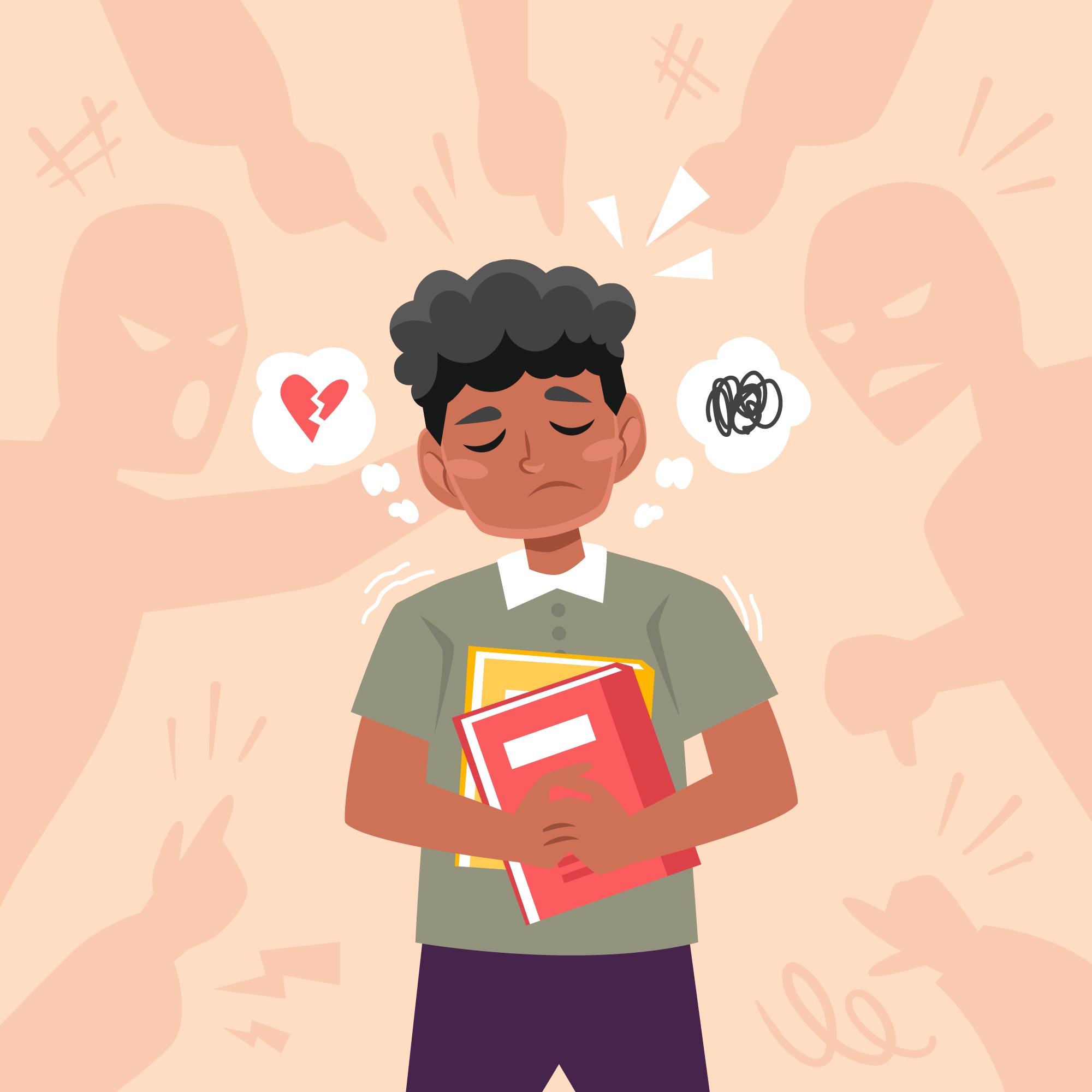Across Canada, policies on student discipline vary widely—but only one province, Nova Scotia, has taken the decisive step of explicitly banning collective punishment in schools. In April 2025, Nova Scotia revised its Provincial School Code of Conduct Policy to require individualised responses to student behaviour, affirming that group-based discipline is not just ineffective but unjust. In contrast, most other provinces—including British Columbia—continue to allow broad discretion in how discipline is applied, with no legal or regulatory prohibitions on collective punishment. This comparison reviews the current status of each province and territory to situate BC’s legal gaps within a national context.
Acknowledgment
This review of provincial and territorial education policies in Canada is grounded in an awareness that the very foundation of schooling across this country rests on colonised land—much of it unceded, all of it shaped by histories of dispossession, cultural erasure, and systemic violence against Indigenous peoples. The policies we examine here do not exist in a vacuum; they are embedded in settler institutions, guided by Western legal frameworks, and often neglectful of Indigenous governance, knowledge systems, and child-rearing practices.
We write this from the overlapping territories of many Nations, and we recognise that the use of punitive discipline—including collective punishment—is not merely a pedagogical concern. It reflects deeper patterns of control, assimilation, and disregard for the inherent dignity and sovereignty of Indigenous children and families. In this context, the silence of provincial legislation on collective punishment is not neutral—it is an extension of a legacy in which state institutions have too often sanctioned harm in the name of order.
This work aims to map how each province and territory currently addresses—or fails to address—collective punishment in schools. But we do so with humility, knowing that true accountability cannot be achieved through policy review alone. It must include a commitment to Indigenous self-determination, reparative education, and the dismantling of carceral logics that continue to shape school systems today.
-
What did the Truth and Reconciliation Commission say about punishment?
The Truth and Reconciliation Commission (TRC) was unequivocal. In its final report, it described corporal punishment as “a relic of a discredited past that has no place in Canadian schools or homes.” The Commission tied the practice to the historical violence of residential…
Where Is Collective Punishment Banned in Canadian Schools? Provincial and Territorial Policy Comparison (2025)
A comparison of provincial and territorial education policies across Canada to assess whether collective punishment is explicitly addressed, restricted, or permitted in public schools.
Alberta
🟥 No explicit mention of collective punishment in provincial education policies: Alberta’s Education Act and associated regulations focus on student conduct and discipline but do not explicitly address or prohibit collective punishment. The Act permits teachers to suspend students for a class period and principals to suspend them from school, transportation, or activities for up to five days. Expulsions require repeated misconduct or harm to others, with decisions made by the school board.
British Columbia
🟥 No explicit mention of collective punishment provincial legislation: The BC Ministry of Education’s Safe, Caring and Orderly Schools guide emphasizes positive behaviour supports and individualized interventions but does not specifically address collective punishment. Recent advocacy efforts, such as a petition on Change.org, have called for explicit bans on collective punishment practices in BC schools.
-
Collective punishment in BC school districts
Explore school districts across British Columbia and their positions on collective punishment. Links to statements are provided, where available. Our goal is transparency, accountability, and the amplification of local perspectives. Click any district to learn more or submit an official response.
-
Petition to end collective punishment in BC Schools
Collective punishment in schools continues in British Columbia, where children are still punished for things they didn’t do—or because others near them did something wrong. Under international law, including Article 33 of the Geneva Conventions, collective punishment is prohibited. It is considered unjust…
Manitoba
🟥 No explicit mention of collective punishment in provincial education policies: Manitoba’s Safe and Caring Schools policy emphasises proactive supports and minimising the use of suspension to foster inclusion and a safe environment. While the policy advocates for individualised approaches to student behaviour, it does not specifically address or prohibit collective punishment.
New Brunswick
🟥 No explicit mention of collective punishment in provincial education policies: New Brunswick’s Education Act and associated policies focus on creating positive learning environments and outline procedures for student discipline. While the policies emphasise individualised approaches, they do not specifically address or prohibit collective punishment.
Newfoundland and Labrador
🟥 No explicit mention of collective punishment in provincial education policies: The Schools Act outlines student discipline procedures, including suspensions and expulsions. While the Act emphasizes maintaining order and discipline, it does not specifically address or prohibit collective punishment.
Northwest Territories
🟥 No explicit mention of collective punishment in territorial education policies: The Northwest Territories’ Education Act outlines student discipline procedures and emphasises the importance of a positive learning environment. While the Act provides guidelines for addressing student behaviour, it does not specifically address or prohibit collective punishment.
Nova Scotia
🟩 Collective punishment explicitly prohibited: In April 2025, Nova Scotia updated its Provincial School Code of Conduct Policy to ban collective punishment. The revised policy, effective September 2025, mandates that disciplinary responses must be based on the individual student’s actions, intent, and developmental stage. It emphasises fairness, equity, and restorative principles, ensuring that students are not punished for the behaviour of others. This makes Nova Scotia the first—and so far only—province in Canada to explicitly outlaw collective punishment in public schools.
-
Nova Scotia bans collective punishment
Nova Scotia’s Provincial School Code of Conduct Policy underwent a significant update in April 2025, marking a substantial revision of the previous 2015 policy. The updated policy, set to take effect in September 2025, introduces clearer definitions of unacceptable behaviours, delineates new responsibilities…
Nunavut
🟥 No explicit mention of collective punishment in territorial education policies: Nunavut’s Education Act focuses on inclusive education and outlines procedures for student discipline. While the Act emphasizes respect for individual rights, it does not specifically address or prohibit collective punishment.
Ontario
🟥 No explicit mention of collective punishment in provincial education policies: Ontario’s Education Act and associated policies focus on progressive discipline and individualized responses to student behaviour. The policies aim to promote positive behaviour and support students, but they do not specifically address or prohibit collective punishment.
Prince Edward Island
🟥 No explicit mention of collective punishment in provincial education policies: PEI’s Education Act prohibits corporal punishment and outlines expectations for student behaviour. While the Act emphasizes respectful and responsible conduct, it does not specifically address or prohibit collective punishment.
Quebec
🟥 No explicit mention of collective punishment in provincial education policies: Quebec’s Education Act mandates that students conduct themselves respectfully and contribute to a healthy and secure learning environment. While the Act outlines student obligations and disciplinary measures, it does not specifically address or prohibit collective punishment.
Saskatchewan
🟥 No explicit mention of collective punishment in provincial education policies: Saskatchewan’s Education Act provides guidelines for student discipline, emphasizing fair and consistent application of rules. While the Act prohibits corporal punishment, it does not specifically address or prohibit collective punishment.
Yukon
🟥 No explicit mention of collective punishment in territorial education policies: Yukon’s Education Act and associated policies focus on student rights and responsibilities, promoting a safe and inclusive learning environment. While the policies outline disciplinary measures, they do not specifically address or prohibit collective punishment. laws.yukon.ca
Conclusion
The absence of explicit prohibitions on collective punishment in most Canadian provinces reveals a profound gap between the rhetoric of inclusive education and the realities of school discipline. Without clear safeguards, children—especially disabled, racialised, and Indigenous students—remain vulnerable to unjust, uninvestigated group-based sanctions that erode trust, dignity, and belonging. Nova Scotia’s policy shift demonstrates that change is possible when governments listen to community voices and prioritise child rights over institutional convenience.
British Columbia, like many jurisdictions, must reckon with the systemic permissiveness that enables collective punishment to persist unchallenged. This work is not about perfection in policy, but about refusing to normalise harm. It is a call to all provinces and territories to codify protection, restore fairness, and uphold each student’s right to be treated as an individual worthy of justice.
End collective punishment in BC schools
No child should be punished for another’s behaviour. Children know from a very young age that this is wrong.
We call on the BC Ministry of Education and Child Care to end collective punishment in BC Schools.
-
Collective punishment in Canadian schools
Across Canada, children are still being punished for the actions of others—recesses cancelled, field trips withheld, and classroom privileges revoked based on group behaviour. This practice, known as collective punishment, has no place in an inclusive, rights-based education system.
Legal disclaimer:
This content is for informational and advocacy purposes only. It does not constitute legal advice and should not be relied upon as such. While we have cited official documents and sources where possible, interpretations are offered in good faith and reflect our perspective as parents, educators, and community advocates—not as lawyers. For legal counsel or action, please consult a qualified legal professional in your jurisdiction.












